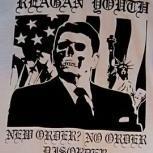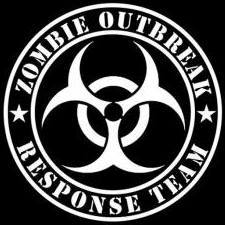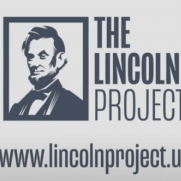- Replies 4
- Views 358
- Created
- Last Reply
Top Posters In This Topic
-
Cold War 1 post
-
XCR1250 1 post
-
Zambroski 1 post
-
Mileage Psycho 1 post
Popular Days
Featured Replies
Recently Browsing 0
- No registered users viewing this page.








Gun Control Advocates Peddle Another 'Turning Point' Myth After Orlando Attack
A candlelight vigil was held outside the White House to honor the 49 people killed earlier that morning at a gay nightclub in Orlando, Fla. Many held signs condemning gun violence and calling for stricter gun control. (Jeff Malet Photography/Newscom)
Security: As night follows day, the mainstream press has been full of stories about how the Orlando shooting marks a turning point in the long battle for strict gun control laws. It doesn't, and it shouldn't.
Here's a sampling of headlines that appeared over the past week.
"Sandy Hook didn't change our gun laws. Orlando might."
"Will This One Make a Difference?
"Orlando could be a turning point."
"Poll watch: After Orlando shooting, Americans back stricter gun controls."
"Support For Gun Control Spikes After Orlando Shooting."
The Washington Post ran an op-ed Sunday arguing that, because the attacker targeted a gay nightclub, the gay community could accomplish what gun control advocates have failed for decades to achieve.
"This time, things might be different," University of Toronto sociologists Jennifer Carlson and David Pettinicchio wrote in a Post op-ed. "Not because of the record number of people killed in Orlando ... (but) because its victims were part of a social movement with infrastructure and know-how largely unmatched within the gun control movement."
Except this is the same basic script gun control advocates have trotted out after every headline-grabbing shooting.
After the 2012 mass shooting at Sandy Hook Elementary School, the New York Times claimed the attack was "profoundly swaying Americans' views on guns."
Trayvon Martin's shooting was supposed to be another "turning point."
The shooting of Rep. Gabrielle Giffords was also going to "shift the gun control debate."
A 1993 rampage at a San Francisco law firm was once cited as "a crucial turning point in the gun control movement."
And, as today, the media play up quickie polls that seem to show a big jump in support for more gun laws.
Yet, more credible polls show support for gun control is weaker today than it was 16 years ago. Anongoing Gallup poll, for example, found that 66% backed stricter gun control laws in 2000. By mid-2014 — that is, two years after the "game-changing" Sandy Hook tragedy — support was down to 47%. It's moved up a bit since then, but support for gun control isn't anywhere near the 78% support it got in 1990.
The January 2016 an IBD/TIPP poll found that 52% think increased gun ownership increases public safety, and more think stricter gun control laws will hinder self-defense than say it will reduce crime.
Even in the wake of the Orlando attack, 64% said that letting more people carry concealed weapons would be effective in preventing such attacks in the future, according to Gallup. Just 34% thought it would be ineffective. Only Democrats oppose the idea of letting more people carry concealed weapons.
Plus, gun sales among gays and lesbians shot up after Orlando, and Pink Pistols, a gun club for gays and lesbians, saw membership more than double in one day.
True, the public supports tinkering around the edges of existing gun laws. But the ideas being offered are pointless -- or worse.
A large majority, for example, supports banning gun sales to those on terror watch lists. It's an idea that has obvious surface appeal, but as we pointed out in this space earlier, it is poorly conceived, largely unworkable, ripe for abuse and could easily deny innocent Americans the right to buy a gun.
Gallup also finds majority support for laws "making it harder" to buy "assault weapons," without explaining that this category of guns is largely a fiction of the gun control lobby, or that there are already millions of these so-called assault weapons in the market already.
It seems that no matter how much supportive ink the gun control lobby gets from the mainstream press, or how much it tries to demonize the NRA, common sense continues to prevail.
By and large, the public has come to understand that making it harder for law-abiding citizens to buy a gun won't make them safer, and could deny them the chance to stop a would-be attacker.
In an age of lone-wolf Islamic terrorists like Omar Mateen or the San Bernardino terrorists — whom even President Obama admits are hard for the federal government to stop — having a well-armed citizenry is more important than ever.
IBDeditorials